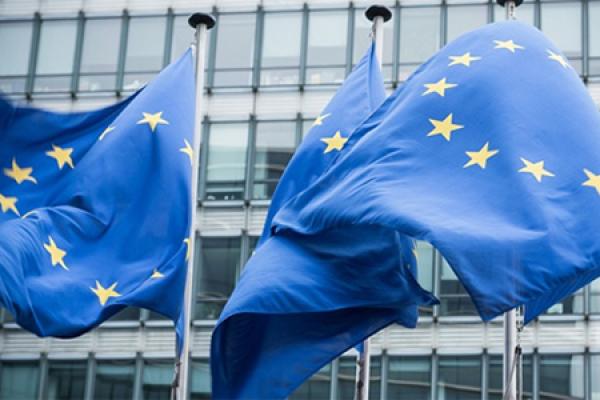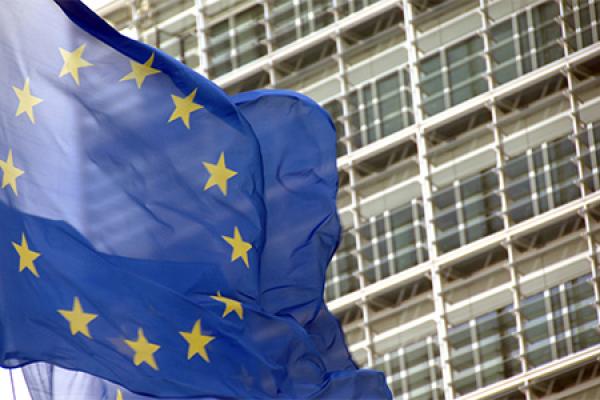Latest News

The European Union deeply regrets that the Georgian Parliament decided to override the President's veto on the law on transparency of foreign influence, and to disregard the Venice Commission's detailed legal arguments leading to a clear recommendation to repeal this law.

The EU stands with the Georgian people and their choice in favour of democracy and of Georgia's European future. The intimidation, threats and physical assaults on civil society representatives, political leaders and journalists, as well as their families is unacceptable.

I am following the situation in Georgia with great concern and I condemn the violence in the streets of Tbilisi.

With initial funding of €6 million in 2024, the EU will help civil protection authorities of EU Member States, EU Civil Protection Mechanism Participating States, and Georgia and Kosovo to bolster their capacity to achieve the Disaster Resilience Goals.
ENI 2019/C(2019)8383/Annual Action Programme for Georgia
- ENI 2019/041-936/Revised Action Document for EU4 Human rights in Georgia
- ENI 2019/041-934/Revised Action Document for EU4 Integrated territorial development
- ENI 2019/041-937/Action Document for the European Neighbourhood Programme for Agriculture and Rural Development in Georgia, phase IV (ENPARD Georgia IV)



